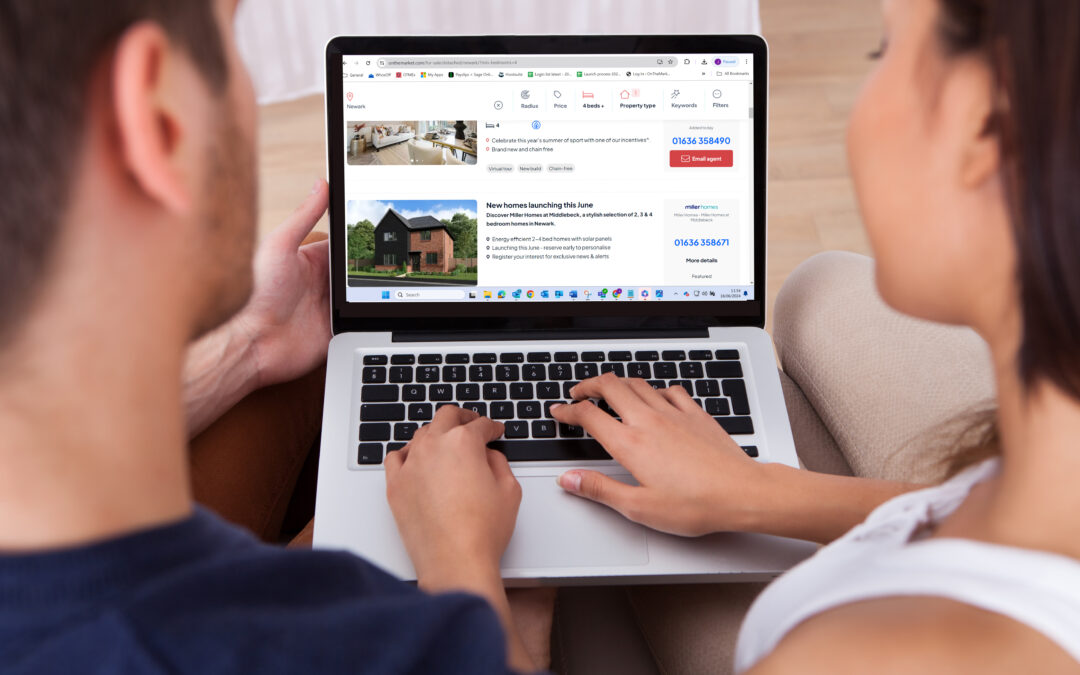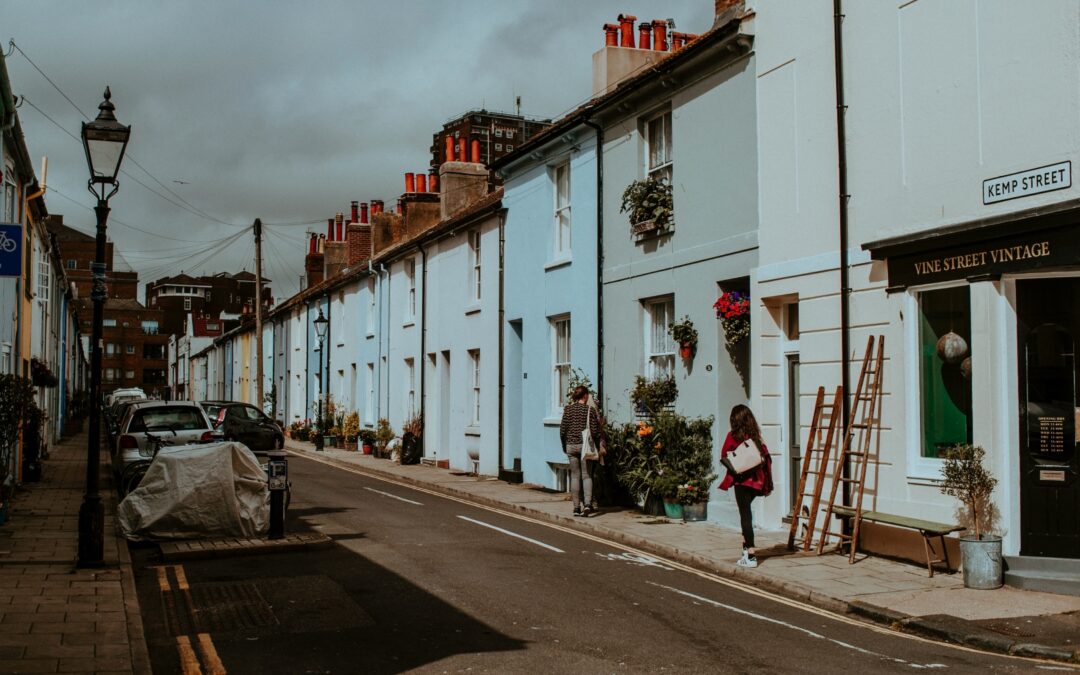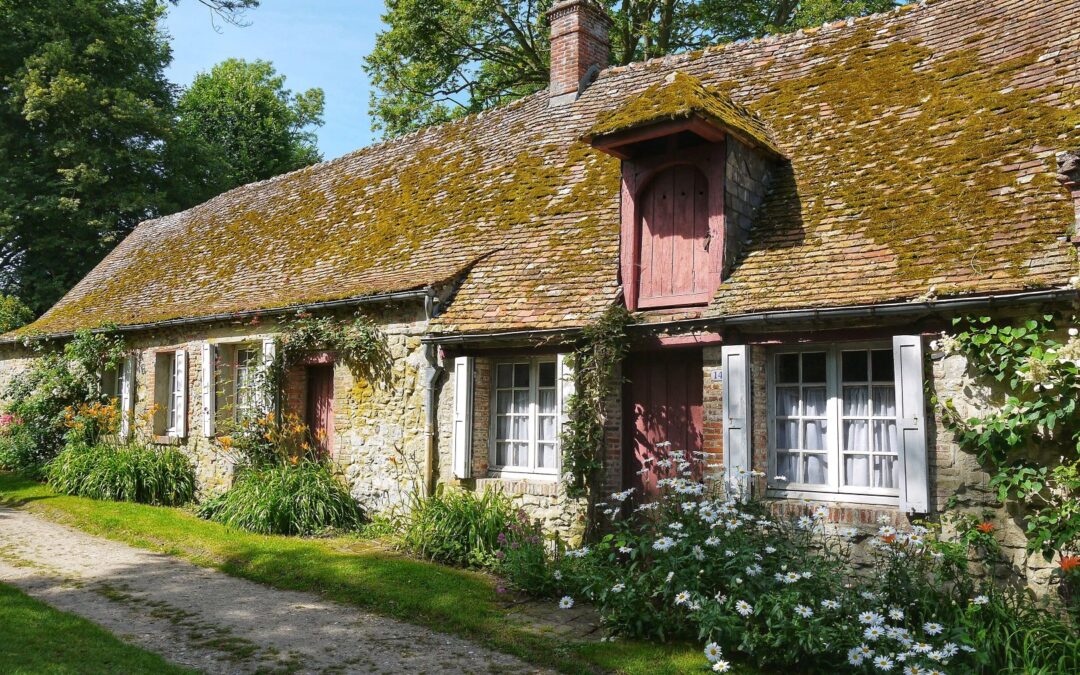Planet Property author and former Estates Gazette editor Peter Bill doubts measures to slow the buy-to-let market will work.
Both George Osborne and Mark Carney have now slammed the brakes on buy-to-let. Will the Chancellor’s three per cent stamp duty hike, announced in late November, slow the juggernaut or simply speed sales before the rise takes effect next April?
Will the Governor of the Bank of England’s warning in early December that a three per cent rise in interest rates would be ill-affordable for 60 per cent of buy-to-let landlords, give any pause for thought? Or are the demographic forces behind the buy-to-let phenomenon simply too powerful to slow, at least by fiscal dabbling?
In November estate agent, Countrywide, revealed that 1,550,000 properties had gone from being lived in by their owner to being lived in by a tenant since 2005. OK, 550,000 have moved from tenant to owner. But the net result has been that an extra one million homes are being rented out, equivalent to the number of households in the north east of England. The market will, of course, slow from time to time, maybe even this time. But the army of millions of small landlords are not going to be decimated.
Those idling at the bottom of the housing ladder will be frustrated to hear that buy-to-let landlords have the wherewithal to keep them in place. Savills reported in January that buy-to-let landlords have enjoyed £190billion in capital gains since 2009. Last month the agent put the number of privately-rented homes at 5.4million, up by 1.2million since 2009. Stock that has appreciated in value by 57 per cent in five years and is worth £1.2trillion today. One in five homes in Britain is now privately rented.
A vicious or virtuous circle has been created, depending upon your point of view. Virtuous, if you are a landlord, vicious if you are trying to buy. A gross simplification of how the circle was formed goes something like this: early baby boomers began buying homes in the early 1970s, there are lots of folk born between 1945 and 1955, so demand went on to exceed supply and prices began to rise. Forty years on, many boomers are mortgage-free.
Savills said in October the number of homes owned without a mortgage rose by 437,000 in the past five years to over 8.3million. Mortgaged home ownership numbers have fallen by over one fifth, or 1.9million in a decade. What’s going on here is simple to deduce. Those who have made money from property are using their gains to shut out first-time buyers.
It’s boring being retired. Every afternoon the telly is filled with property-porn. Guess what? Loans to landlords have quadrupled since 2000. In the third quarter of 2015 they accounted for 16 per cent of all new advances. No wonder the Chancellor and the Governor felt impelled to act. Things are getting a bit silly.
On November 9, it took just 10 minutes and 43 seconds for a company called Property Partners to raise £843,100 online from 318 investors, vying for slivers of equity in 42 new rental flats in Gainsborough, Lincolnshire. Mom and Pop investors are now being joined by pension fund managers. The big new thing in the professional property world is build-to-let. Legal & General and M&G are starting to invest, typically, in whole blocks of new-build flats. No wonder! The Office of National Statistics forecast the UK population will rise by 10million to 74.3million by 2040, or more, much more. The ONS figures are based on net migration falling from 336,000 in the year to November, to around 250,000 per year in future.
Any relief for wannabe first-time buyers? Some. There are distinct signs of demand slowing. Countrywide reported an eight per cent drop in sales between July and September. In London sales are down 14 per cent in the third quarter, according to research firm LonRes. On December 4, the Halifax warned the “increasing difficulty in getting on the housing ladder is expected to start to put the brakes on house price growth during 2016.” The Halifax says prices will rise in 2016 by four to six per cent. Hmm… ask any economics student what happens when demand falls.
The bad news is that if demand falls on a Monday, builders down tools on the Tuesday. The government promises 400,000 ‘starter homes’ by March 2021. Units reserved for first-time buyers under 40, sold at a 20 per cent discount. An idea that may come to haunt the later years of this administration. Despite George Osborne’s boast that “we are the builders”, governments don’t build houses for the good of the people. House builders build houses to make a profit – and to their own timetable.
See www.onthemarket.com/newandexclusive. Agents specify exclusivity and are committed to accuracy under terms of use.






